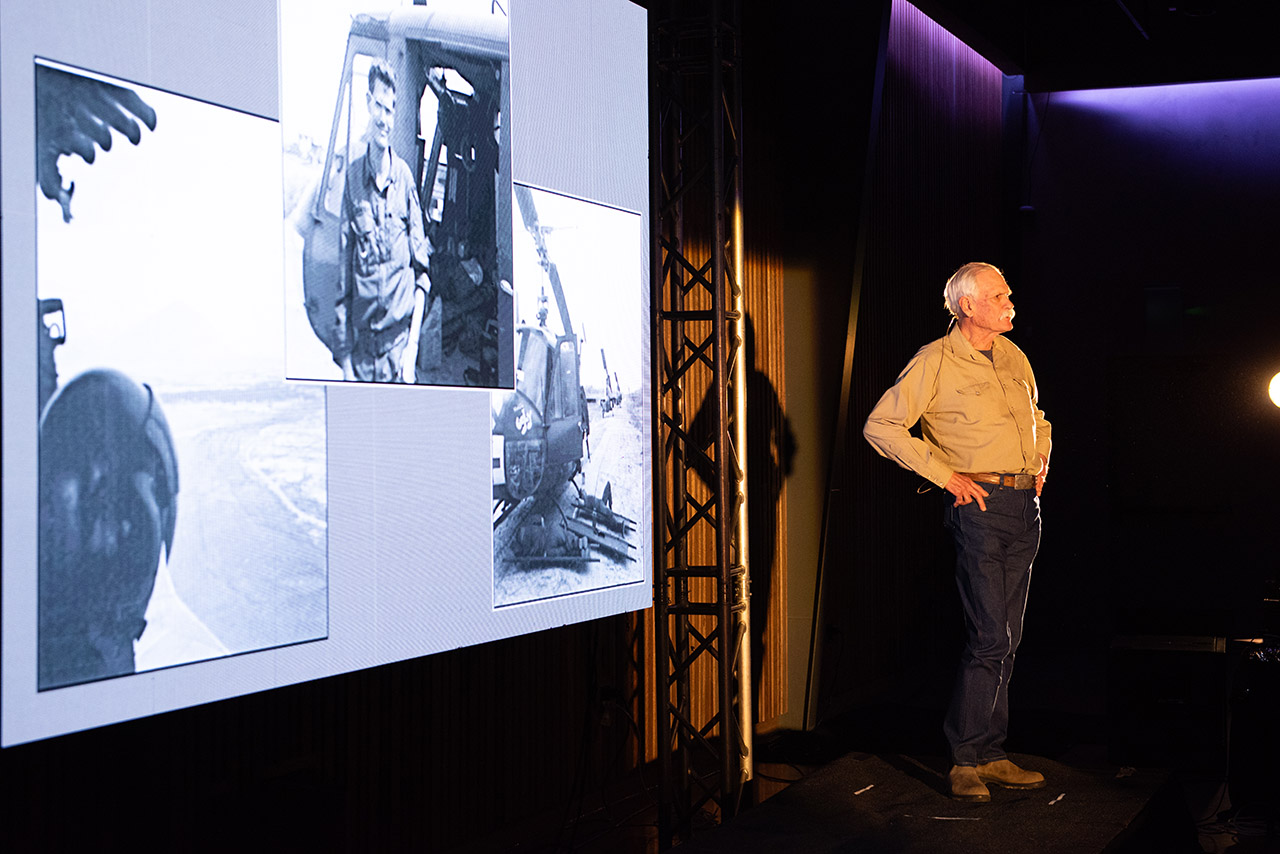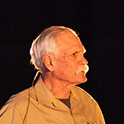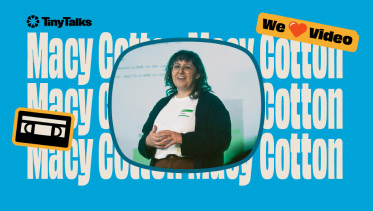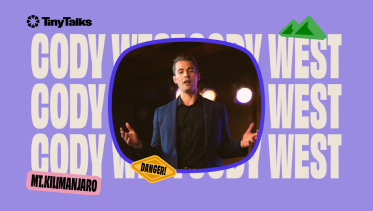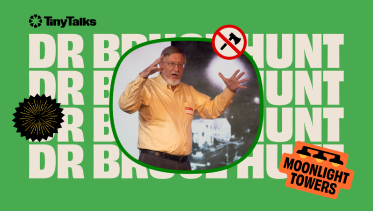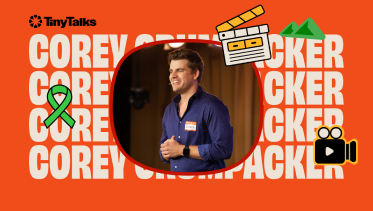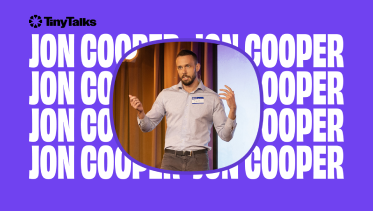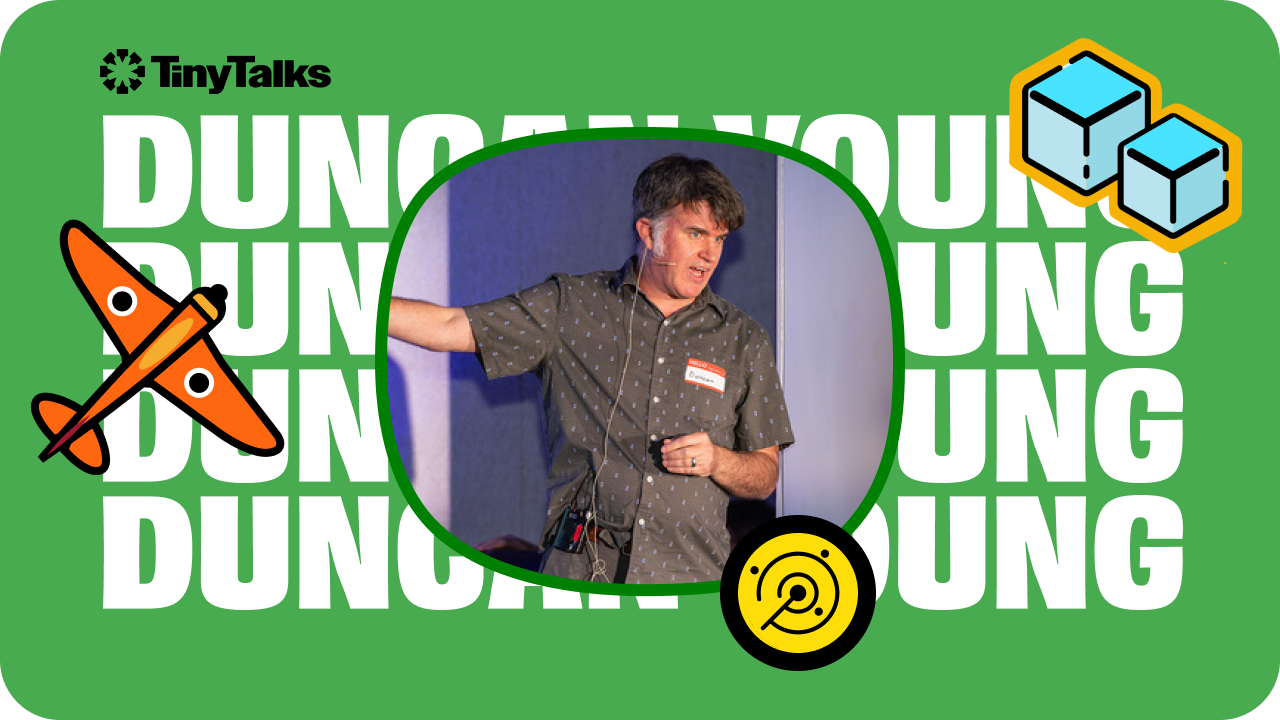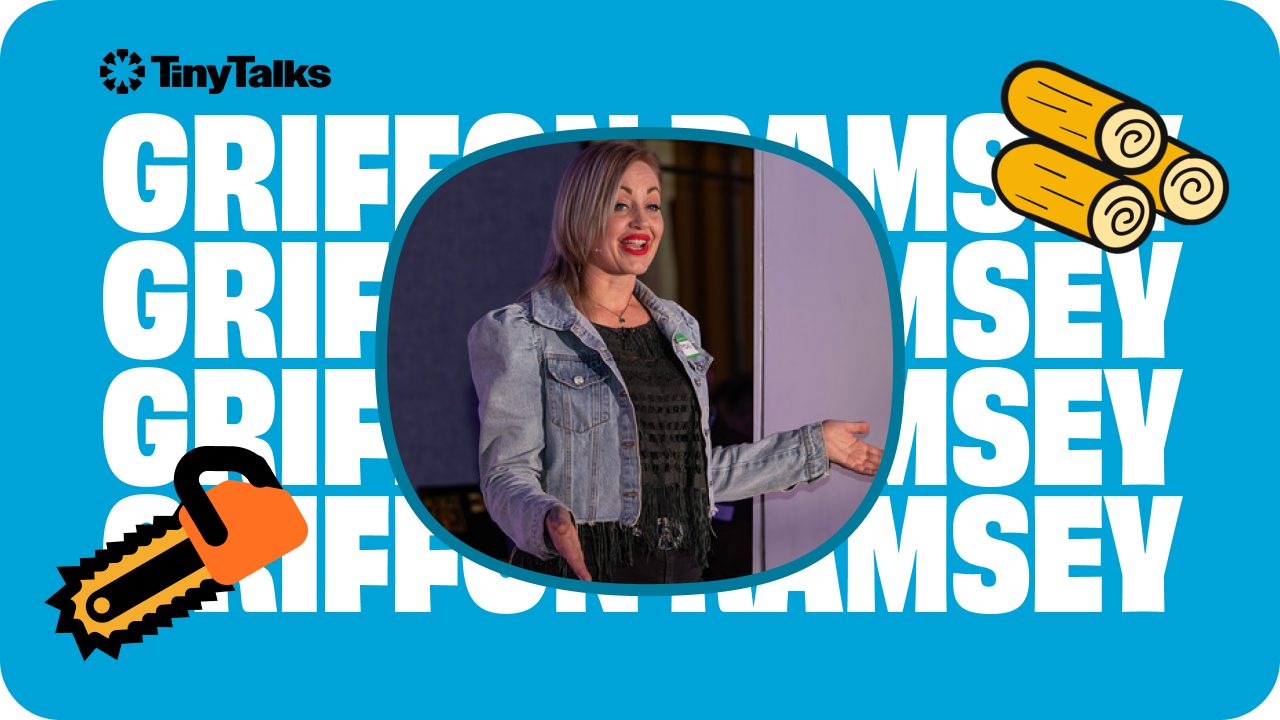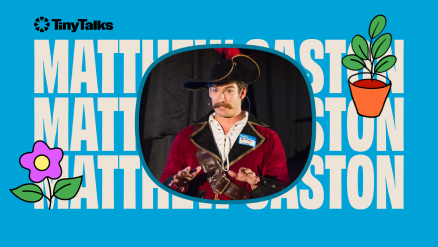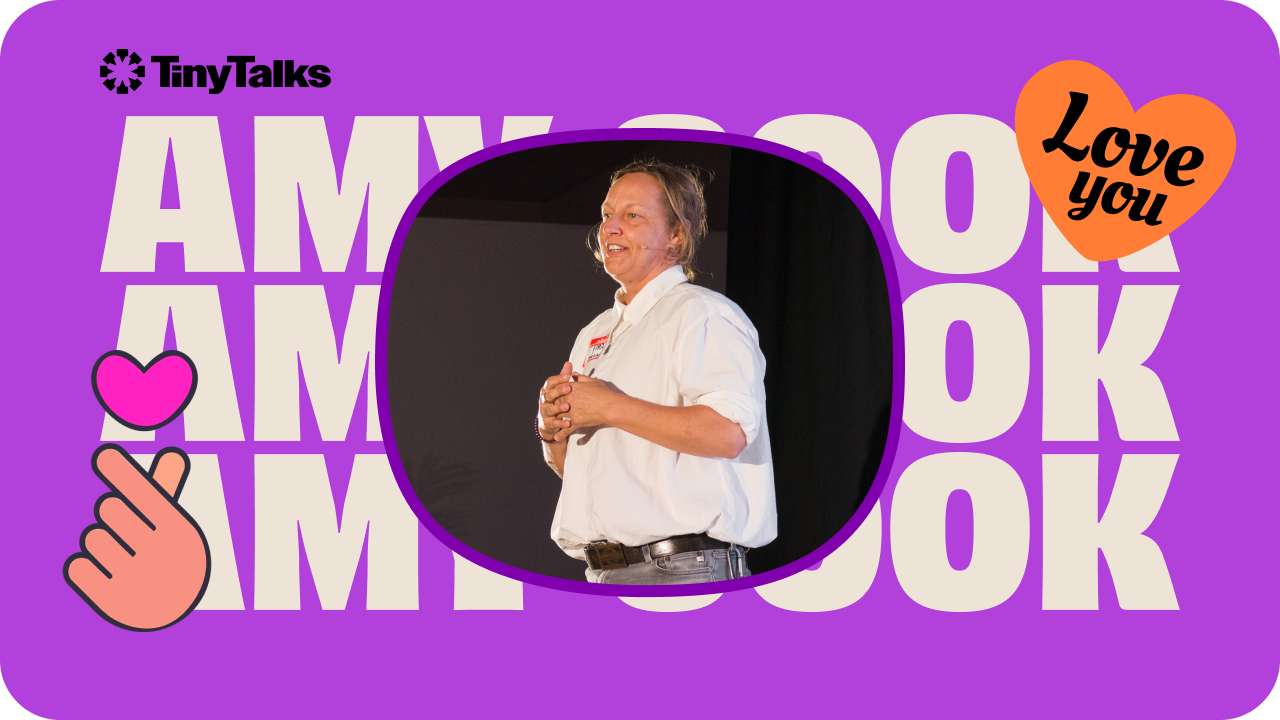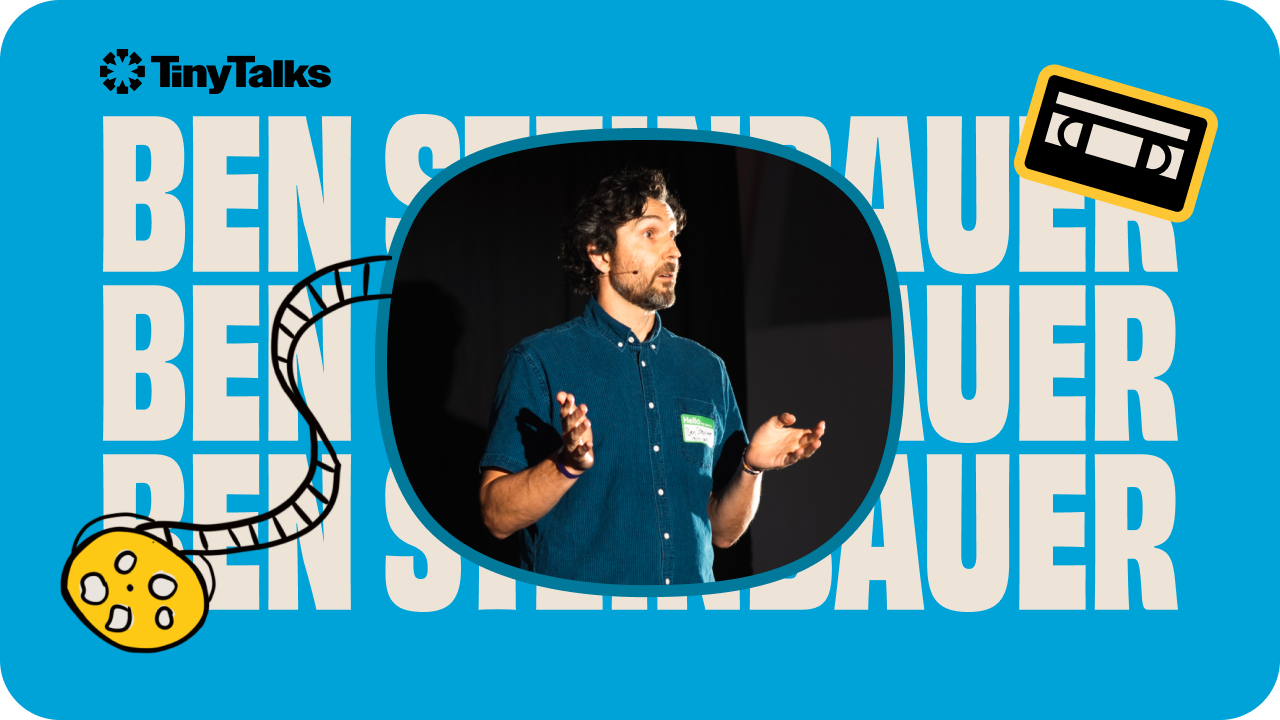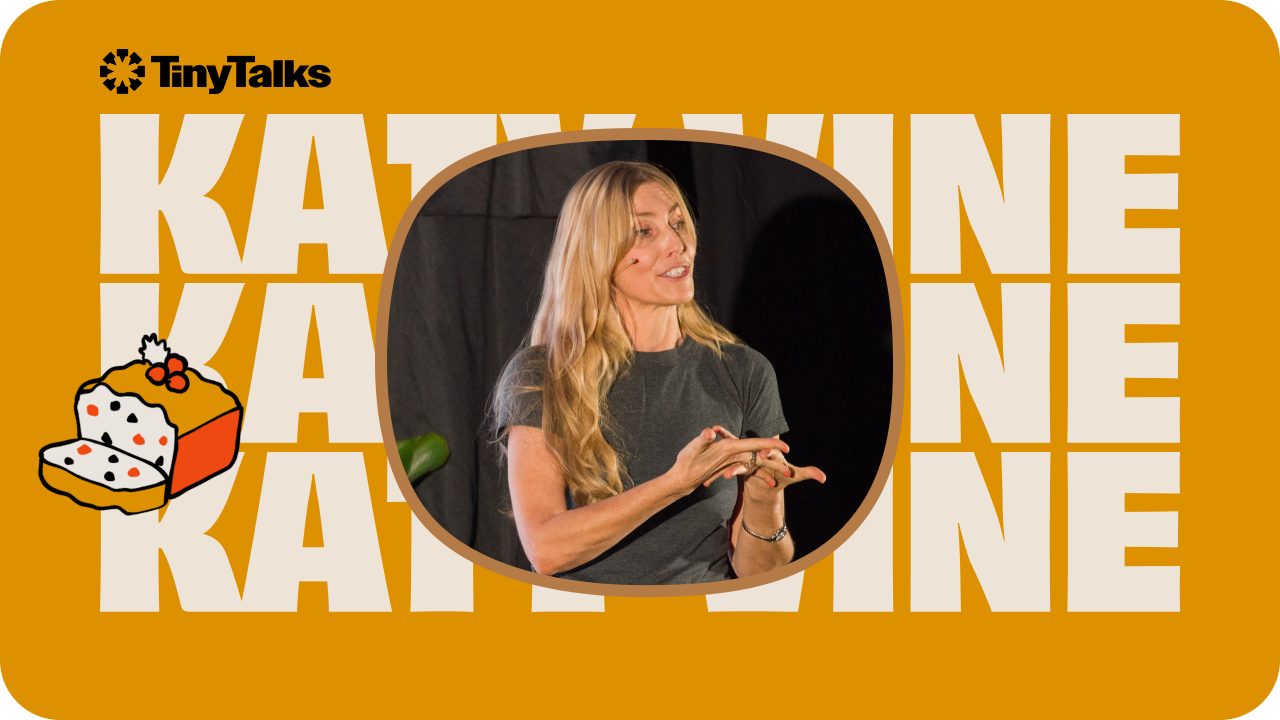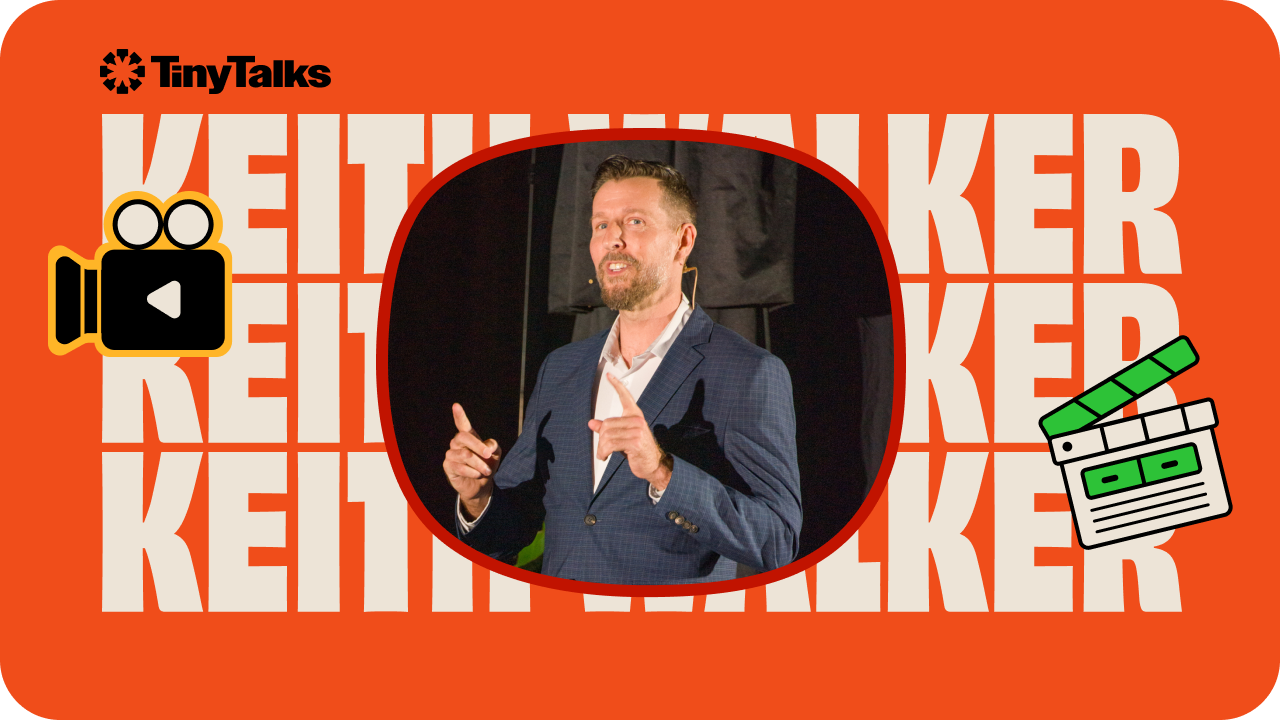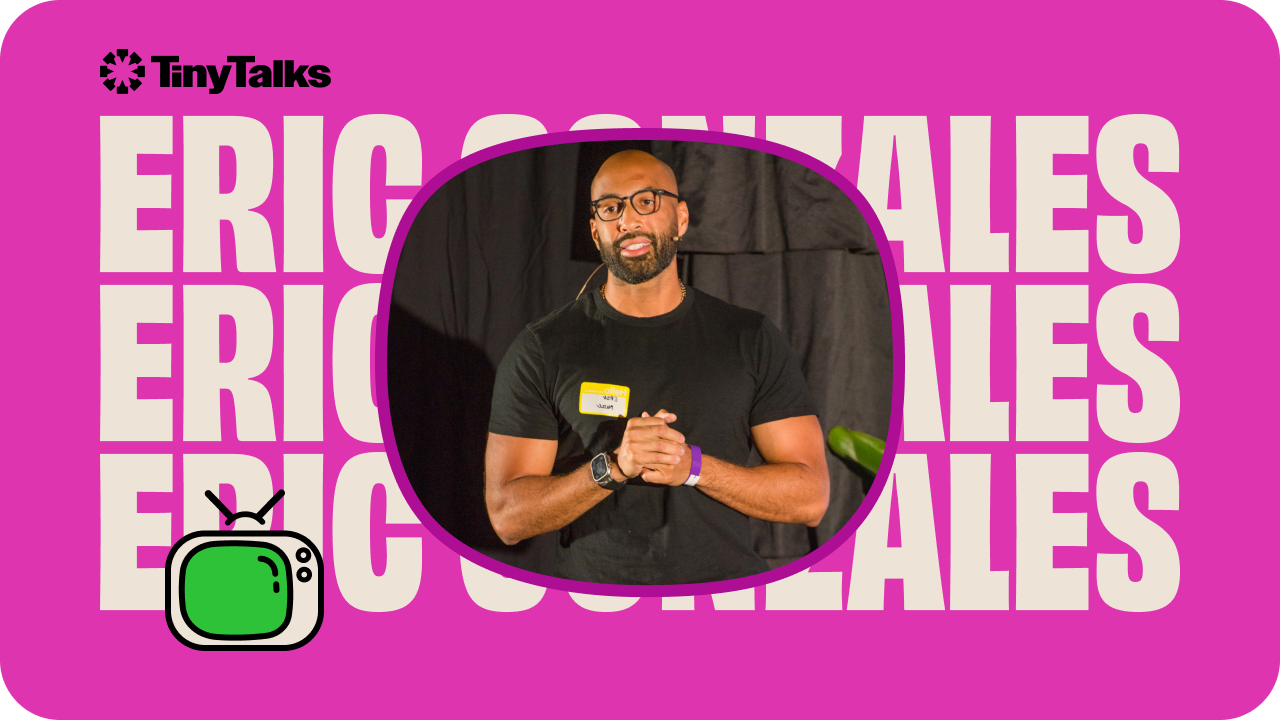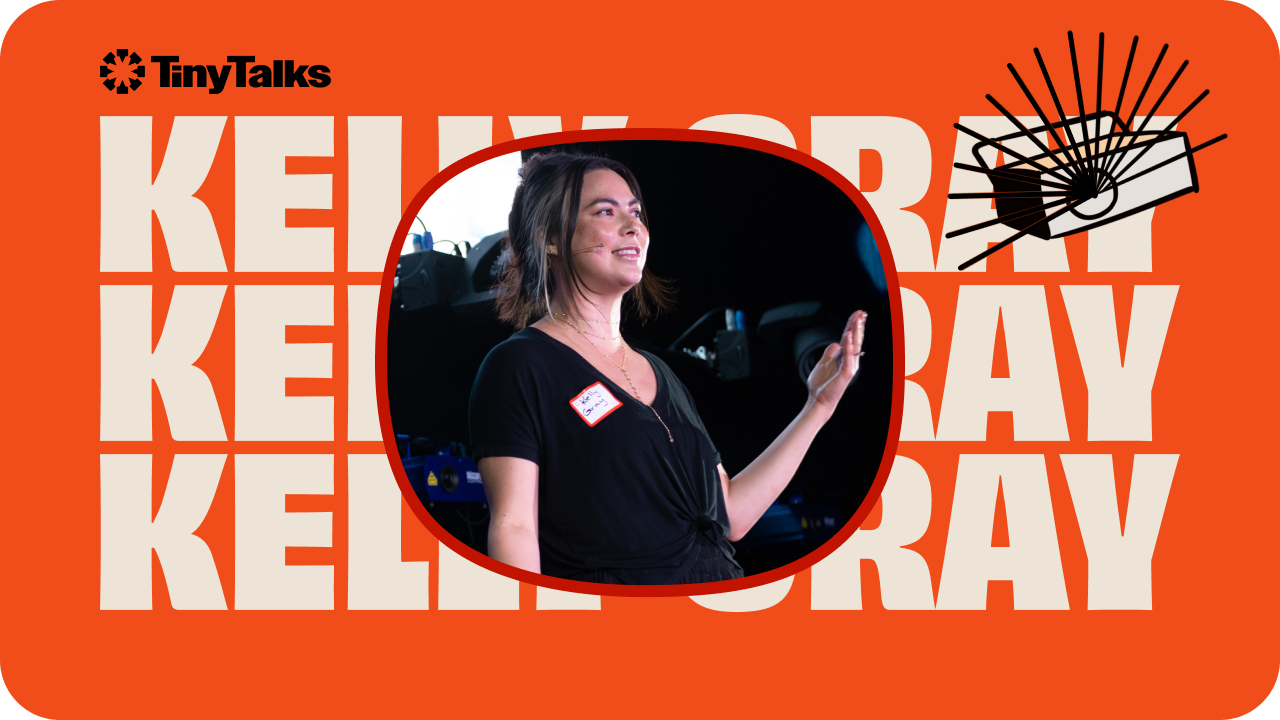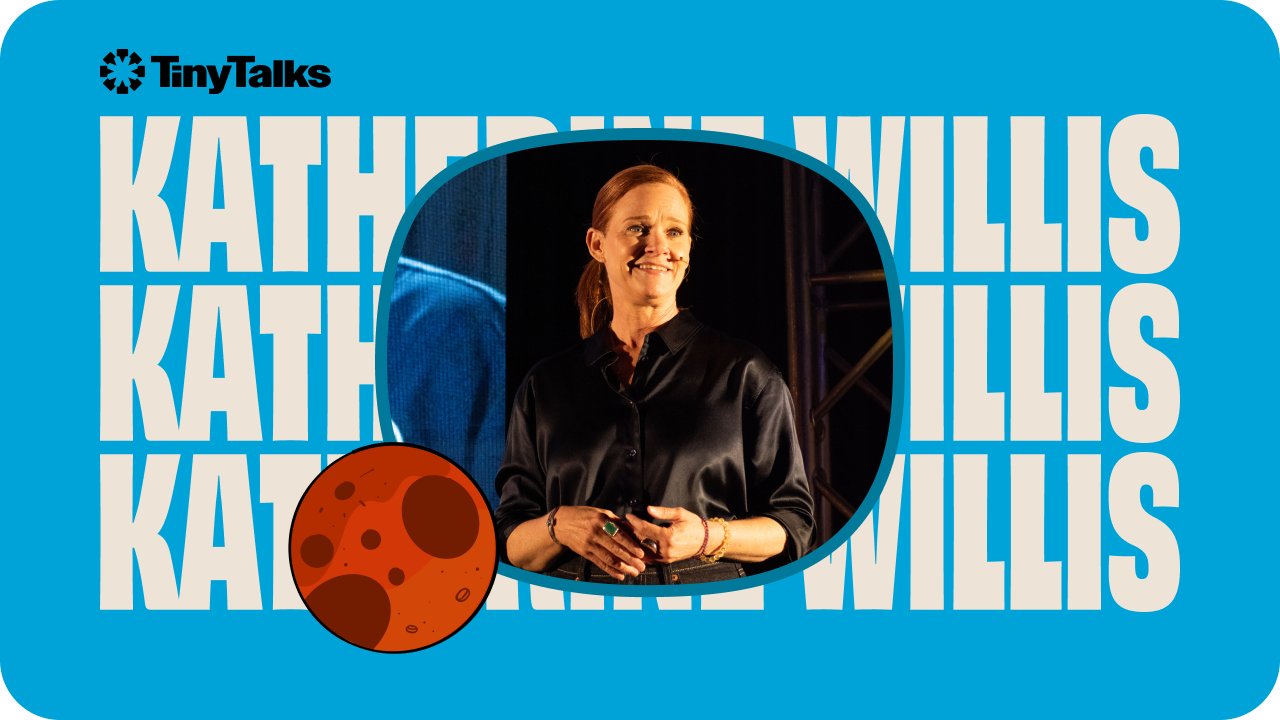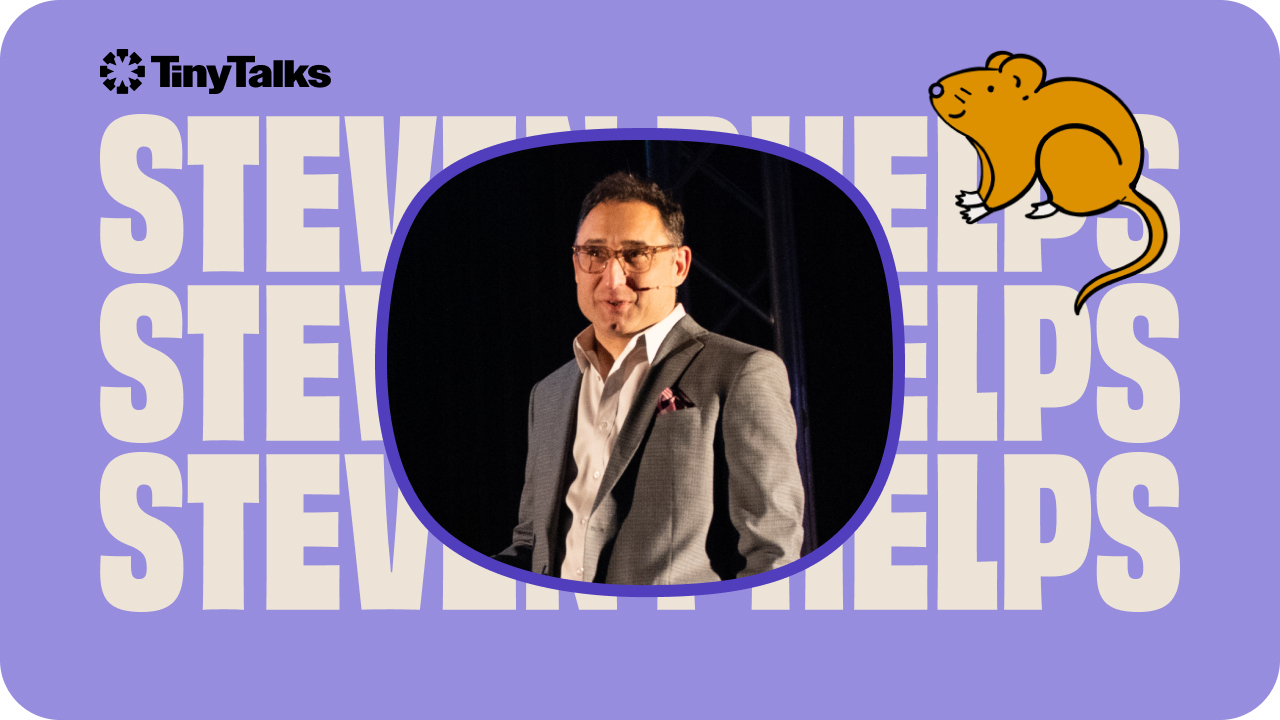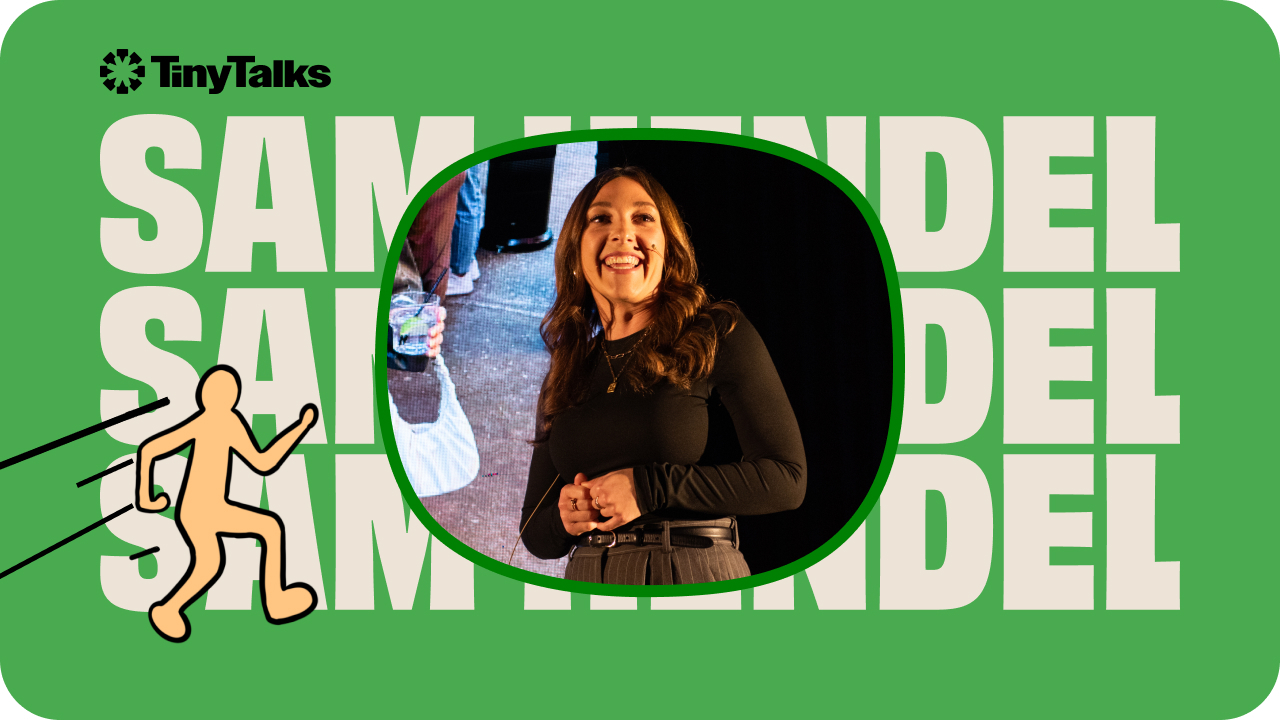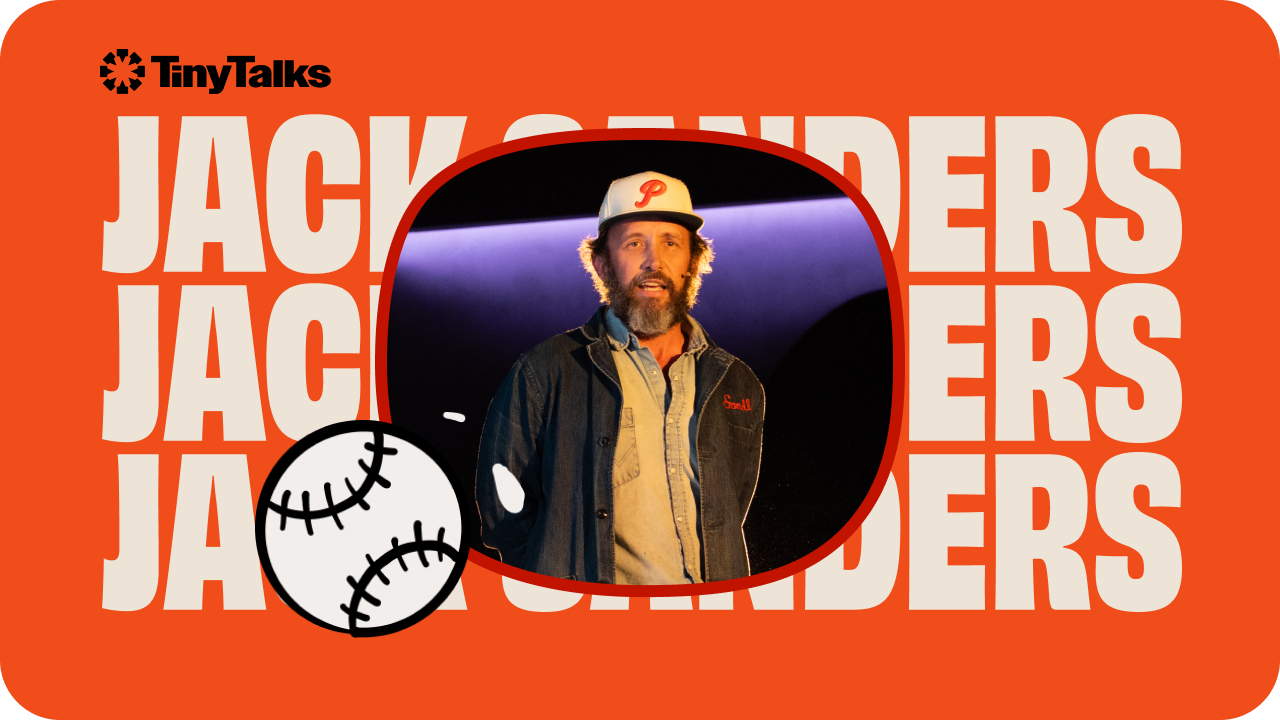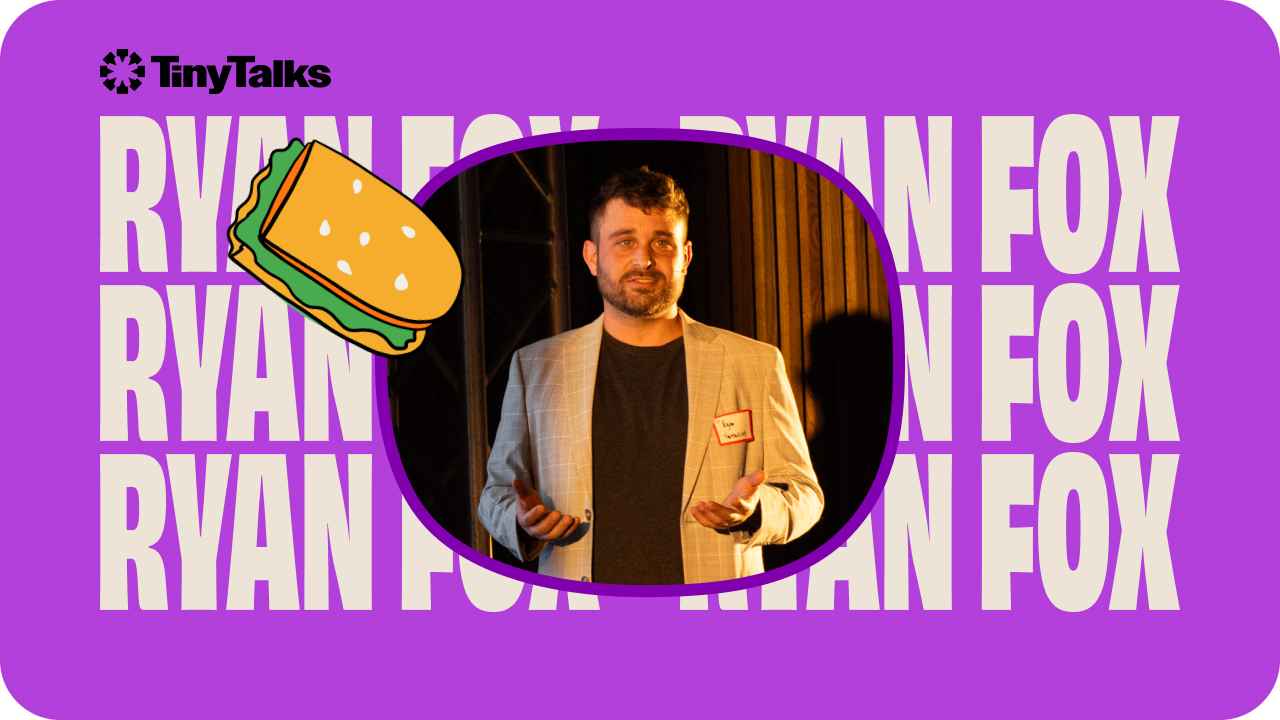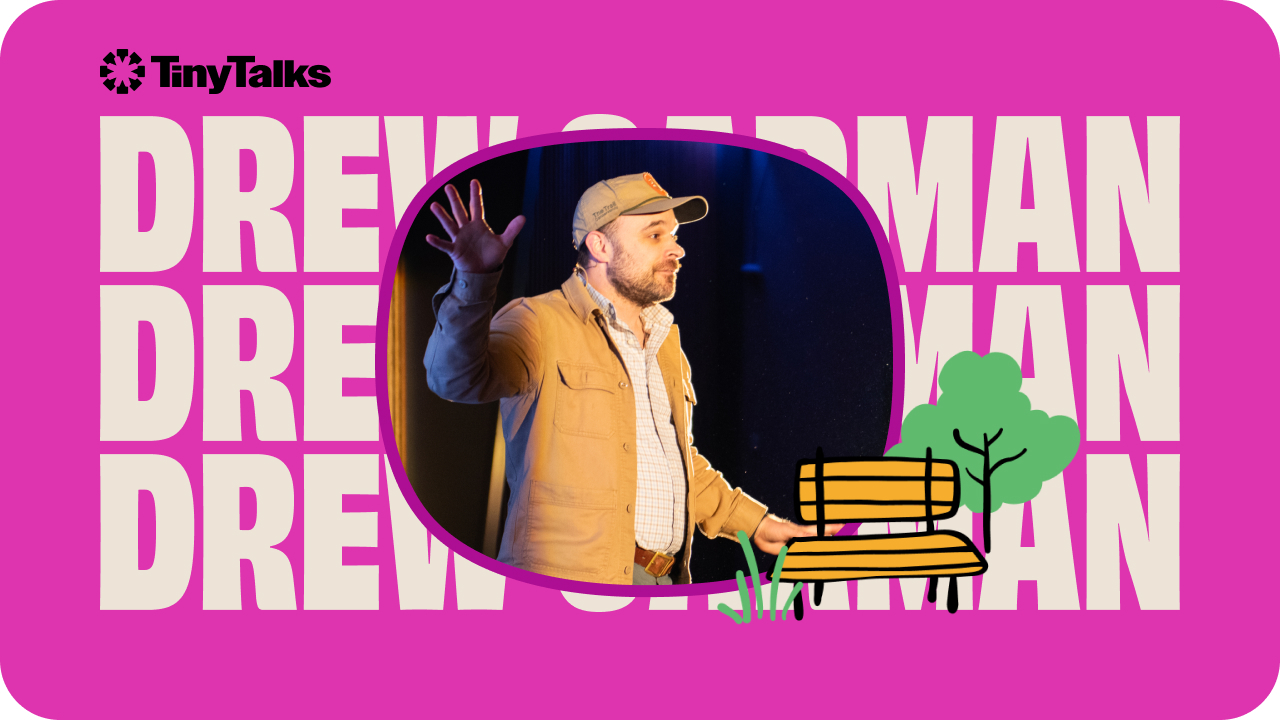Living a Paradox
Transcript
I was a medevac medic in Vietnam. In January the 29th, 1971, a frantic call came down over the intercom patrol ambushed GI down with a sucking chest loon. We’ve got to go get him. I grabbed my bag, my medics bag, and hastened to the tarmac where our chopper was revving up. In a few short minutes, we were over the firefight, still in progress. As we stole pipe down through the triple canopy jungle, we could hear the unmistakable chatter of machine gunfire. We came to a hover at 50 feet, then all hell broke loose. We came under intense machine gunfire. I stopped three rounds, and for this, I was personally awarded the Distinguished flying cross by the commanding general of the first Air cab. After several months of recuperating in various hospitals, I returned to civilian life. It was not easy. It never is for veterans, but here’s my story.
I had lived a paradox. I had been a non-combatant combat medic in Vietnam. To understand this story, we need to wind the clock back to 1968. When I was a student at the University of Texas. It was a good time to be young men, free love, hippie beer, nickel bear. It’s when the armadillo became the symbol of the cultural ferment that transformed Austin into Austin Wild. But Austin and the University of Texas was also ground zero for opposition to the war in Vietnam. You have to understand the important role that the draft paid in our lives back then. You see, as long as you were an undergraduate making satisfactory progress toward your degree, you received a deferment. But the moment you graduated, you would be reclassified one a eligible for the draft. And so it was with me scan two weeks after I graduated, a letter came.
Greetings, you are hereby ordered to report for induction and to the armed services. It was a shock, it you can imagine. Up to then the war had simply been something remote and unreal. Now it was very real. I found myself on the horns of a dilemma, what to do. I felt a duty to serve and a duty to conscience. I came from a very rural background, but on the other hand, I’ve become firmly opposed to the war what to do? I applied for a special status from my local draft board to be a one AO conscientious objector, which have granted meant I would be willing to serve, but without weapons training and without weapons. To my surprise, my application was granted, perhaps because they realized I wasn’t getting out of anything because it almost guaranteed combat duty. All one aos were trained in a special unit at Fort Sam Houston. In San Antonio. After six weeks of basic and 10 weeks of medical training, my whole class of 22 received orders for Vietnam.
The medic’s job was a perilous one. When the cry, medic medic could be heard over the dent of battle, it was the medic’s job to get up, expose himself to enemy fire and render first aid. Many medics broke under the strain, but for those who survived long enough to hone their skills and to gain confidence in their abilities, they graduated to be seasoned medics. In our tour of duty in Vietnam, I had three assignments. First with an artillery battery, then with the infantry unit, and finally with the medevac in the first air cab. All three assignments were dangerous, but at least as a medevac medic, I had a roof over my head, a bed to sleep in and three square meals a day, which was not unimportant in Vietnam. During that tour, my term as a medevac medic, I flew over 50 combat missions and I received many citations and awards.
In conclusion, the American public cannot let the Vietnam War go. It was like a powerful rapid in the flow of American history, which everyone in my generation was forced to go through in one way or another. There were many routes through the features of the rapids, and there all the stories together would probably tell the story of the war, at least from the American point of view. But the route I and my fellow one AO conscientious objectors took, has yet to be fully explained or told in fact, sadly, at times, it seems as if it’s been intensely remembered. Every veteran at some point in his life feels a need to come to terms with his combat experiences. And so it was with me. At a certain point, I began attending annual reunions, and then I made a pilgrimage to the grounds of Fort Sam Houston, where my fellow one AOS had taken training, and then I visited the Impressive Museum of Army Medicine.
But as I wandered through the many rooms, I was saddened to see, there was not one mention of the thousands of one aos who had trained at Fort Sam Houston, who had served as medics in Vietnam, who had shared in all the dangers and hardships as they went about their business of saving lives rather than taking them. Why did the army neglect to tell our story? It’s perhaps because of the paradox that we had lived a consciousness opposed to war embedded in the midst of war. But our story will not be forgotten. We existed after all. Thank you.



